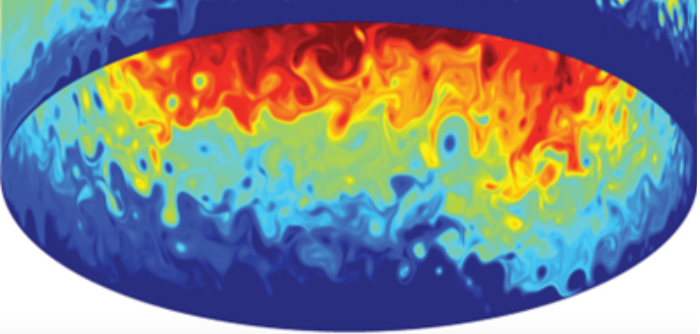The National Oceanography Centre (NOC) has become a partner in the Imperial College London-led £16m (US$20m) Mathematics for our Future Climate center for doctoral training (CDT), which will train the next generation of mathematical climate scientists.
Collaborative climate research
The Mathematics for our Future Climate CDT is led overall by Prof. Dan Crisan, Dept. of Mathematics at Imperial College London. The leads at the other universities are: Prof. Alberto Naveira Garabato (University of Southampton) and Prof. Jennifer Scott (University of Reading). The partners bring expertise in ocean, weather and climate, in academic and government institutions and across a wide range of industries.
Mathematical modeling for climate
According to NOC, mathematical climate scientists help to answer key questions including how impacts of climate change, such as extreme flooding, rapid ice melting, storms, droughts, wildfires and ecosystem change, will affect us individually and collectively.
The Mathematics for our Future Climate CDT will train graduates with strong mathematics, physics and engineering backgrounds, and focus on four areas: fundamental mathematical advances needed to understand and anticipate the climate crisis, and to quantify and mitigate the risks associated with extreme events and cascading impacts of a changing climate; methods needed to exploit large-scale computing and big data; solutions to tackle climate change, enhance sustainability and ensure economic prosperity and fairness by optimizing the effectiveness of renewable energy and the trade-off between mitigation and adaptation actions; and tools to enable transparent, accessible, scalable, user-relevant and user-friendly analysis of real-time data.
This new CDT forms part of a UK Research and Innovation £1bn (US$1.26bn) investment into 65 Engineering and Physical Sciences Research Council (EPSRC) CDTs – with almost half of the total funding being provided as financial and in-kind support from business partners, the public sector and charity partners.
In related news, the Natural Environmental Research Council (NERC) recently invested £70m (US$88.8m) in a network of seven National Center for Earth Observation (NCEO) environmental analytical facilities and field equipment. Click here to read the full story.



